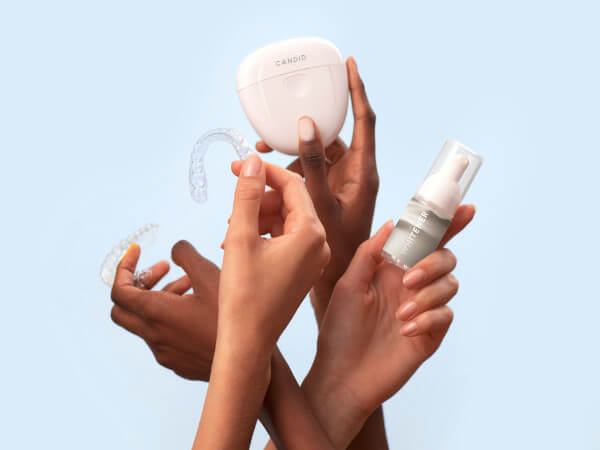As dentists, we took a professional oath to care for our patients. We entered the profession with the ideological belief that we can and will make a difference in our patients lives. We are hopeful, eager and will go above and beyond to ensure their needs are taken care of.

Dr. Ahmed
We are sincere in our efforts and in this selfless endeavor, we seek appreciation so that we can feel “good” about our decision to be a servient clinician.
So when we walk into the operatory to meet our patients, we’re excited and filled with optimism. We hope to charm our patient so they like us. We ask “how’s it going?” but sometimes a patient will respond with a cold demeanor or simply say “Doc, nothing personal but I hate the dentist.”
They are gripping the chair and are defensive in their tone. You do the usual exam and go over the findings. You ask if they have any questions, and they say “How much is this going to cost? Cause I can’t afford this. I’m on a fixed income.” Or they say “My last dentist said [this and that]…and I came in to see if she was right. Why are you guys are telling me different things? Don’t you think it’s a problem that you don’t have the same diagnosis or treatment?”
These are examples of psychological barriers that I was not prepared to deal with out of dental school. I realized there is an unhealthy amount of cynicism and skepticism in our patients as a result of previous negative experiences or stereotypes of dentists.
Hollywood often depicts the dentist as wild, gray-haired men who cause pain, and our capitalistic society assumes being a dentist is a “get rich quick” scheme.
If patients believe you exist to either hurt them or take their money, where in their mental space does the word “help” fit in? It can’t because its contradicting.
Throughout dental school and residency, I invested my time and energy in being a great clinician. I wanted the quality of my work to speak for itself. I soon realized it takes more than just clinical skills. Unlike some of our health care counterparts, dentistry demanded other types of skills vital to our success. Such skills are necessary to help our patients overcome fear, anxiety, mistrust, and suspicion of our services.
One of those skills is listening. By listening, I started to understand the cause of my patients contempt when they say “I hate the dentist.” I learned about their traumatic pediatric experience or traumatic surgery. I learned about the priorities in their life that led to neglect or the series of dental visits that resulted in frustration.
Regardless of how upset or combative a patient can be towards their previous dentist, I believe it’s important to empathize without scrutinizing the provider. You have to remember we’re only hearing one side of the story.
As practitioners, our approach to treatment is shaped more by our experiences especially as we mature in our profession. Our postgraduate training (informal or formal), the practice business model (for profit vs. nonprofit) and our personal risk tolerance help shape our treatment philosophy. Such influences can result in differences in opinion among dentist leading to multiple diagnosis or treatment choices.
But a caries is a caries…right? A simple cavity has many stages and depending on the life cycle some dentist may choose to intervene early (why not take care of it when its small) or some may choose to wait (it may be arrested).
I like to believe that most of us became dentists because we sincerely want to help. Therefore, it’s imperative to maintain integrity, educate and intently listen to our patients. By doing so we can rebuild trust in our profession and ultimately change the pessimistic narrative for future generations.
Dr. Nashid Ahmed is a New Dentist News guest blogger. She is general dentist in Phoenix, Arizona. She earned her dental degree from Indiana University in 2019 and completed an AEGD in Phoenix. During her free time, she likes to explore the city of Phoenix and the great outdoors of Arizona. She enjoys hiking, biking and trying new restaurants. She also enjoys reading and blogging about career development and workplace culture.
